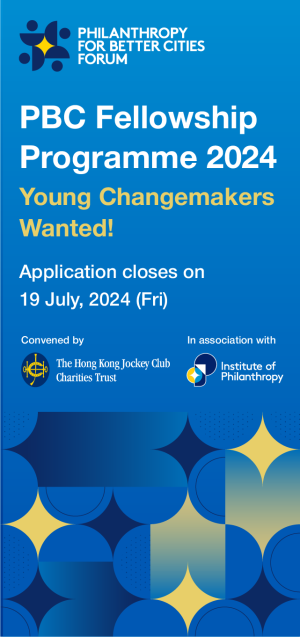In February, Cancer Research UK (CRUK) launched the ‘More Research, Less Cancer’ campaign, which, in their words, aims to get ‘high-value donors and philanthropists to raise £400m to tackle the disease, making it the largest ever philanthropic campaign by a UK charity’.
Finding a cure for cancer seems like such a self-evidently ‘good’ thing, this should perhaps be an uncontroversial move. But curing cancer, or rather the economic and political systems we have created around the mission of finding a cure for cancer and other diseases, is in reality deeply complex and controversial.
Almost every pound spent by public and philanthropic actors on cancer and other disease-focused R&D will ultimately end up as intellectual property owned and ruthlessly controlled by drug companies that will seek to maximise their profits from monopoly-protected sales, with little regard to equity or the global public good.
With an estimated two billion people unable to access essential medicines every year, the current, in-part philanthropically funded, medical innovation system has been widely criticised for perpetuating deep health inequalities that exacerbate racial, gender, and economic injustice.
Subscribe now from only £45 a year!
This article is only available for our subscribers
Existing users can login here



